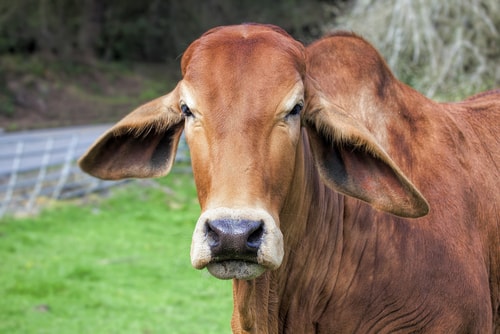Almost 75 per cent of farmers rejected the idea
By Diego Flammini
Assistant Editor, North American Content
Farms.com
The Missouri Department of Agriculture’s (MDA) idea of adding an additional $1.00 state beef checkoff in Missouri in addition to the national checkoff was rejected by a majority of farmers in the state.
According to the MDA, 8,480 beef producers received ballots; 6,658 of which were returned. 4,903 farmers, or over 74 per cent of beef producers voted against the idea, compared to 1,663 farmers who were in favour of the idea; they represented about 25 per cent of the returned ballots.

The state checkoff was brought forward by the Missouri Beef Industry Council. It said the money would be used for education, promotion and research efforts, but some beef producers aren’t seeing enough results in the national program to warrant a statewide one.
"We already pay $2 million a year into the federal checkoff, which is not efficient, effective or a good use of our money. Increasing that would have been ridiculous and farmers gave it a resounding 'no,'" Rhonda Perry, a cattle farmer from Armstrong and Missouri Rural Crisis Center program director told The Joplin Globe.
Jim McCann, a farmer from Lawrence County supported the checkoff and told The Joplin Globe that the federal program is operating “on 1988 dollars” and the money could have been used for promotion and research grant funding.